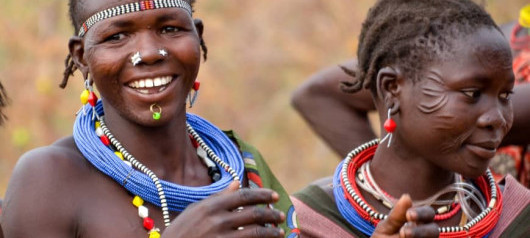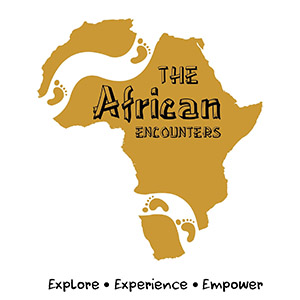CULTURAL TOURISM IN SOUTH SOUTH SUDAN
Located in East-Central Africa, South Sudan is an independent country and also distinct destination to explore when it comes to cultural tours. Cultural tourism in South Sudan offers tourists a lifetime opportunity to discover the country’s most captivating cultures and history.
There are more than 64 ethnic groups in South Sudan making it one of Africa’s rich and diverse cultural destinations. Most of the country’s ethnic groups have a lot in common considering the close connection in their cultural traits. The famous ethnic groups in South Sudan include the Dinka, Mundari, Nuer, Atuot, Jur Chol, Jur Beli, Thuri, Otuho, Lulubo, Tennet, Didinga, Mundu, Kichepo, Dongotono, Sere, Lokoya, Pojulu, Moru, Ndogo, Lugbara, Baka, Lopit, Lango, and others.
South Sudan cultures offer typical of true African cultural traditions unlike the Northern side –Sudan. Sudan is dominated by Muslims and most Christians exist in the Southern side. Different aspects define South Sudan’s cultures including languages, foods, ethnic groups, religions, traditions and others. The country’s cultures also encompass historical regions and traditions of people in the modern state.
With over 64 ethnic groups, the indigenous languages in South Sudan are classified under the Nilo-Saharan Language family. They represent 2 of the order divisions of Nile Sudanic and Central Sudanic.
Areas of interest for cultural tourism in South Sudan
Nyakuron cultural center
When it comes to cultural experiences in South Sudan, Nyakuron cultural center is one place to look out for. This cultural center was set up in 1976 primarily to showcase the unique cultural heritage of people in South Sudan. At the cultural centre, there is a big garden, an outdoor stage, night club and an auditorium.
The Dinka cattle camp
The Dinka are South Sudan’s most popular tribal group and occupy Juba city as well as other numerous administrative states. They practice nomadic pastoralism, with cattle playing a significant part in their lives. Cattle determine status of individuals/families, with cattle camps containing up to 500 heads of cattle. The cattle camps offer insight into the way of life of Dinka and there is possibility of visiting the cattle market in Juba to watch animals as locals bring for sale.
Wrestling competitions at Bor’s Freedom square
One of the must enjoy experience in South Sudan is wrestling. This is the most popular traditional sport among South Sudan’s tribes. When wrestling, the participants remove their upper clothing and challenge begins while spectators watch. The winner goes with sum or heads of cattle and this experience is best enjoyed during weekends.
Visit Mundari community/cattle camps
The Mundari community offers incredibly the most memorable cultural experiences in South Sudan. It is in this community where you find the Mundari people, a small ethnic and traditional tribal group living in South Sudan. The Mundari form part of the Karo people. Their tribal lands are 75 km North of Juba, the capital city of South Sudan and situated in Terekeka town, Central Equatoria state.
The Mundari are surrounded by the Bor Dinka and Bari of Juba about 12km. Other settlements of Mundari land include Nyori, Koweri, Tihor, Tali, Tindilo, Tombek, Gemeiza, Muni, Rijong, Rego and more.
Like most Nilotic tribes, the Mundari are cattle-oriented. Cattle play important part in the Mundari cultures including marriages. The men are popular to bleach their hair using cow urine turning it yellow-orange color. Besides cattle herding, the Mundari do grow sorghum and fishing.
The Toposa people
This tribal group belongs to the Karamojong cluster and its largely depend on livestock rearing (cattle, donkeys, camels, goats, sheep and others). The Toposa culture is centered around cattle keeping and organized into clans, each with its own distinct identity and leadership. Cattle play a vital role in their culture, representing wealth, status, and an essential source of sustenance. Cattle raids and ownership are deeply rooted in their traditions and have sometimes led to conflicts with neighboring communities.
Art and body ornamentation hold significance among the Toposa. They are known for intricate body scarification, which represents cultural identity and beautification. The Toposa also create colorful beadwork and leather adornments as expressions of creativity and cultural heritage.
All tribes of South Sudan are interesting to visit, no single culture you can ever visit and feel bored
At the African Encounters, we have customized cultural safaris to South Sudan. Trips that specifically look at a certain tribe, say; the Mundari. We take you to these amazing people and you hundred percent delve into their cultures. You just tell us your fantasies, and we do the planning.





